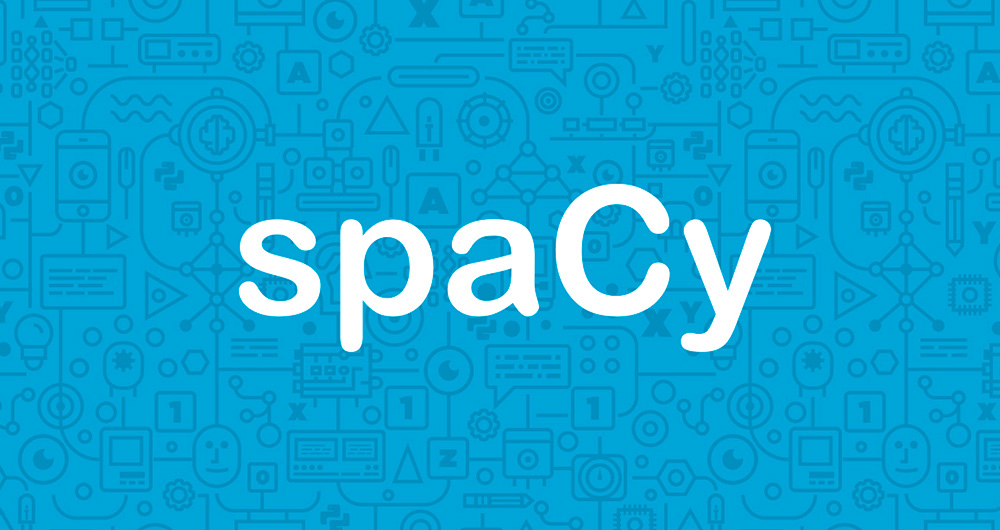10 posts found
Applications of artificial intelligence in professional sports
Sport has always been characterized by generating a lot of data, statistics, graphs... But accumulating figures is not enough. It is necessary to analyze the data, draw conclusions and make decisions based on it. The advantages of sharing data in this sector go beyond mere sports, having a positive…
SLM, LLM, RAG and Fine-tuning: Pillars of Modern Generative AI
In the fast-paced world of Generative Artificial Intelligence (AI), there are several concepts that have become fundamental to understanding and harnessing the potential of this technology. Today we focus on four: Small Language Models(SLM), Large Language Models(LLM), Retrieval Augmented Generation…
The agreement to provide statistical data to researchers, in the context of the Data Governance Regulation
The European Union has devised a fundamental strategy to ensure accessible and reusable data for research, innovation and entrepreneurship. Strategic decisions have been made both in a regulatory and in a material sense to build spaces for data sharing and to foster the emergence of intermediar…
The benefits of sharing sport-related data
In the digital age, data has become an invaluable tool in almost all areas of society, and the world of sport is no exception. The availability of data related to this field can have a positive impact on the promotion of health and wellbeing, as well as on the improvement of physical performance of…
GRAPH QL. Your best ally for the creation of data products.
The era of digitalisation in which we find ourselves has filled our daily lives with data products or data-driven products. In this post we discover what they are and show you one of the key data technologies to design and build this kind of products: GraphQL.
Introduction
Let's start at the beginni…
UNE specifications as a complement to ISO standards for the governance, management and quality of Information Systems and Technologies
Standardisation is essential to improve efficiency and interoperability in governance and data management. The adoption of standards provides a common framework for organising, exchanging and interpreting data, facilitating collaboration and ensuring data consistency and quality. The ISO standards,…
RAG - Retrieval Augmented Generation: The key that unlocks the door to precision language models
Teaching computers to understand how humans speak and write is a long-standing challenge in the field of artificial intelligence, known as natural language processing (NLP). However, in the last two years or so, we have seen the fall of this old stronghold with the advent of large language models (L…
Improving efficiency in the legal sector: LegalTech and data analytics
Digital transformation affects all sectors, from agriculture to tourism and education. Among its objectives is the optimization of processes, the improvement of the customer experience and even the promotion of new business models.
The legal sector is no exception, which is why in recent years…
We tested SpaCy: much more than a library for creating real natural language processing projects
Few abilities are as characteristic of human beings as language. According to the Aristotelian school, humans are rational animals who pursue knowledge for the mere fact of knowing. Without going into deep philosophical considerations that far exceed the purpose of this space for dissemination, we c…
Natural language processing
Our language, both written and spoken, constitutes a peculiar type of data. Language is the human means of communication par excellence and its main features are ambiguity and complexity. Due to language is unstructured data, its processing has traditionally been a challenge to the machines, making…









